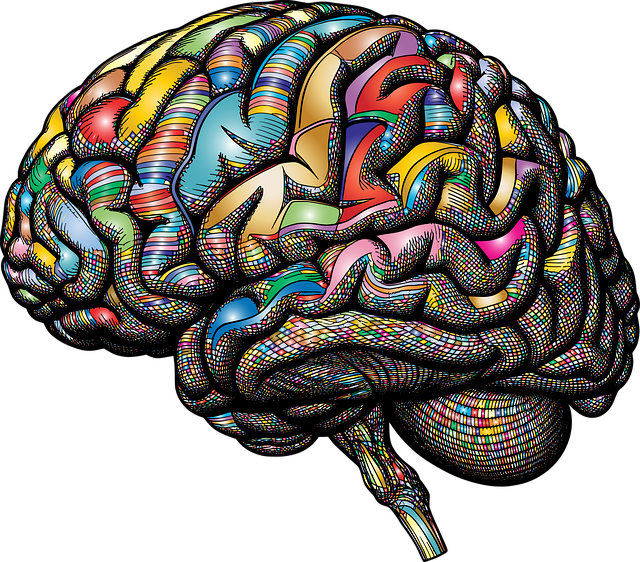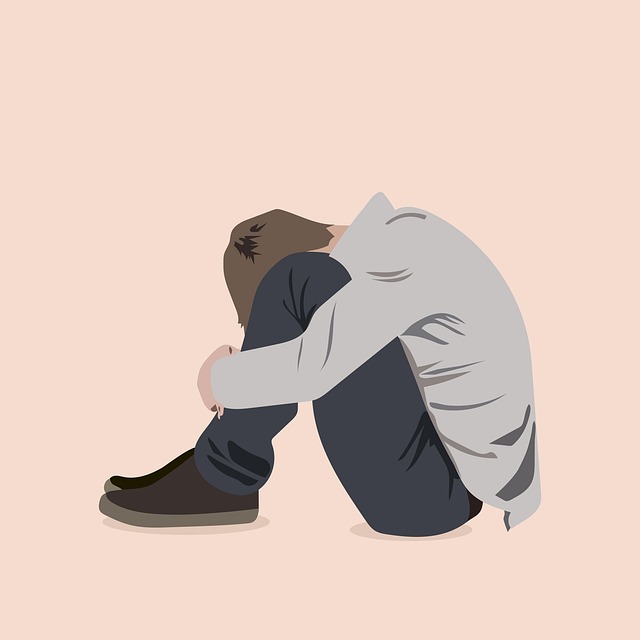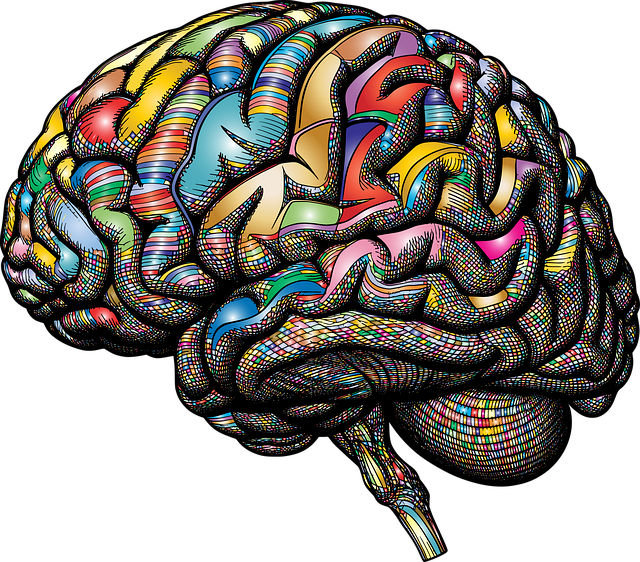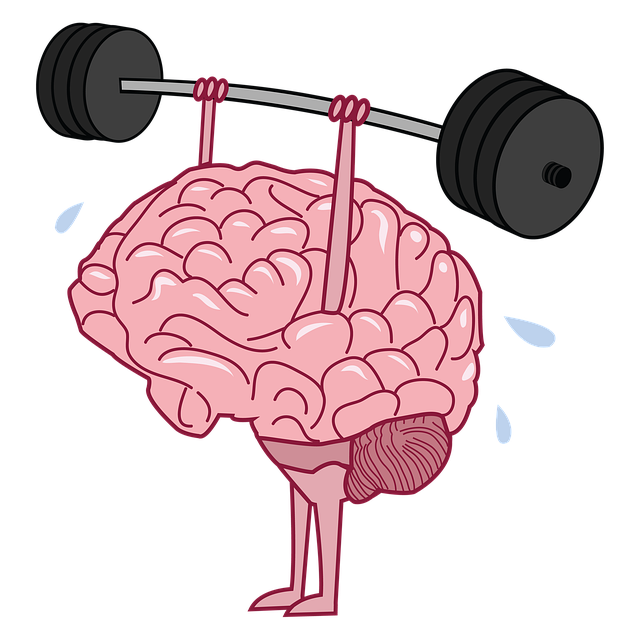The Resilience and Emotional Strengthening Model (RFM) is a therapeutic approach gaining popularity in adolescent mental health care, focusing on building resilience and emotional intelligence. It addresses crucial factors in managing challenges like bipolar disorder by understanding teens' coping mechanisms and emotional responses. RFM offers effective burnout prevention strategies for both teens with bipolar disorder and healthcare providers looking to implement resilience-building techniques. Through community outreach programs, structured activities strengthen emotional healing and coping mechanisms, empowering teens to manage symptoms and reduce anxiety. In clinical settings, RFM involves tailored interventions based on individual needs assessments, including mindfulness techniques, social skills training, healthy self-care practices, and flexibility strategies. This holistic approach has proven successful in fostering self-awareness, emotional intelligence, and resilience, transforming teen therapy for bipolar disorder.
Resilience is a powerful tool for teens navigating bipolar disorder. The RFM (Resilience, Flexibility, and Mastery) model offers a unique approach to enhancing mental well-being among adolescents. This article explores how RFM exercises can be implemented in therapy to foster resilience, improve coping mechanisms, and manage symptoms of bipolar disorder. We delve into the scientific backing, practical guides, and real-life success stories, providing valuable insights for professionals assisting teens on their journey towards better mental health.
- Understanding RFM and Its Relevance in Adolescent Mental Health
- The Impact of Resilience-Building Exercises on Teens with Bipolar Disorder
- Implementing RFM in Clinical Settings: A Step-by-Step Guide
- Real-Life Success Stories: RFM's Effectiveness in Teen Therapy
Understanding RFM and Its Relevance in Adolescent Mental Health

The Resilience and Emotional Strengthening Model (RFM) is a therapeutic approach gaining recognition in adolescent mental health care. It focuses on building resilience and emotional intelligence, crucial factors in mitigating challenges like bipolar disorder in teens. By understanding an individual’s coping mechanisms and emotional responses, RFM provides a framework to enhance their ability to navigate life’s stressors and prevent burnout, especially among young people who often face unique pressures.
This model is particularly relevant when considering the growing importance of mental wellness and emotional intelligence in healthcare. Burnout prevention strategies for healthcare providers emphasize the need for resilience-building techniques, such as those offered by RFM. Through engaging in these exercises, adolescent teens can develop skills to manage their emotions effectively, fostering better mental health outcomes and improving their overall quality of life, especially when dealing with conditions like bipolar disorder that require ongoing therapy.
The Impact of Resilience-Building Exercises on Teens with Bipolar Disorder

Resilience-building exercises have emerged as a powerful tool in the therapy landscape for adolescent teens with bipolar disorder. These structured activities aim to strengthen emotional healing processes and enhance coping mechanisms, enabling young individuals to better navigate the challenges of their condition. By participating in such programs, teens can learn effective strategies to manage symptoms, reduce anxiety relief, and foster a sense of control over their mental health.
Community outreach program implementation plays a vital role here, offering a supportive environment where teens can connect with peers facing similar struggles. This collective experience facilitates the development of resilience, empowering adolescents to share stories, offer support, and collectively explore emotional healing processes. As a result, these exercises not only contribute to effective therapy for adolescent teens with bipolar disorder but also foster a sense of community and belonging, which is crucial for their overall well-being.
Implementing RFM in Clinical Settings: A Step-by-Step Guide

Implementing RFM (Resilience, Flexibility, and Mindfulness) in clinical settings for therapy with adolescent teens suffering from bipolar disorder involves a structured approach to enhance their coping mechanisms and overall well-being. Here’s a step-by-step guide tailored for this specific population:
1. Assess Individual Needs: Begin by evaluating each teen’s unique challenges and strengths. This step is crucial in tailoring RFM interventions to address specific needs, especially in managing bipolar disorder symptoms. Incorporate discussions about their daily lives, social interactions, and self-care practices to gain insights into areas requiring support.
2. Introduce Mindfulness Techniques: Teach simple mindfulness exercises tailored for adolescents. Start with basic breathing techniques and progressive muscle relaxation to help them manage stress and anxiety. Integrate these practices into daily routines, encouraging regular practice. This fosters a sense of control and empowers teens to navigate emotional highs and lows more effectively.
3. Foster Social Skills Training: Bipolar disorder can impact social interactions. Implement group sessions focusing on social skills training to enhance communication, empathy, and problem-solving abilities. Role-playing scenarios specific to managing bipolar symptoms in social settings can be particularly beneficial.
4. Encourage Self-Care Practices: Educate teens about the importance of self-care as a core component of resilience building. Guide them in developing personalized routines that include physical exercise, adequate sleep, and healthy eating habits. These practices support overall mental health and serve as foundational tools for managing bipolar disorder symptoms.
5. Integrate Flexibility Strategies: Help adolescents identify rigid thinking patterns and encourage the adoption of flexible strategies to cope with changes and setbacks. Cognitive-behavioral techniques can be employed to challenge negative thoughts and promote a more adaptive mindset. Regularly review and adjust these strategies as teens grow and their needs evolve.
6. Monitor Progress and Adjust: Continuously assess the effectiveness of RFM interventions through regular therapy sessions. Collaborate with parents, caregivers, or other healthcare providers to track progress and make necessary adjustments to ensure the program remains relevant and impactful for each teen’s recovery journey. This iterative process is key to successful long-term management of bipolar disorder.
Real-Life Success Stories: RFM's Effectiveness in Teen Therapy

In the realm of teen therapy, particularly for those grappling with bipolar disorder, Real-Life Mindset (RFM) has emerged as a game-changer. This innovative approach, grounded in the principles of mind over matter, focuses on building resilience through practical exercises and compassion cultivation practices. Success stories abound, highlighting its effectiveness in empowering adolescents to manage their mental health more effectively. Many teens who once struggled with severe mood swings and emotional regulation have found new coping mechanisms and a sense of control thanks to RFM’s holistic approach.
By integrating RFM into therapy sessions, mental health professionals can help young individuals develop a stronger sense of self-awareness and emotional intelligence. These exercises not only enhance their ability to navigate life’s challenges but also foster a culture of compassion within the adolescent community. As part of a broader Mental Health Policy Analysis and Advocacy effort, the successful implementation of RFM in teen therapy underscores the importance of compassionate and effective interventions for bipolar disorder.
The implementation of RFM (Resilience, Flexibility, and Mastery) exercises has emerged as a powerful tool in enhancing the mental well-being of adolescent teens with bipolar disorder. As demonstrated in various real-life success stories, this approach not only complements traditional therapy for adolescent teens with bipolar disorder but also empowers them to navigate life’s challenges more effectively. By fostering resilience, encouraging adaptability, and promoting a sense of control, RFM can significantly contribute to the overall improvement of mental health outcomes for this vulnerable population.














